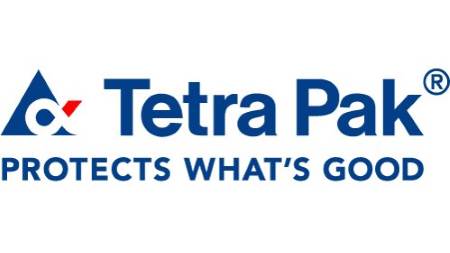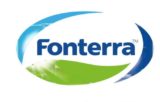Tetra Pak is announcing several strategic investments designed to level up the recycling capacity for carton packages in the European Union. The move supports the goals of the proposed EU Packaging and Packaging Waste Regulation (PPWR), by ensuring that all packaging components are recycled and valuable raw materials are kept in circulation for longer, therefore showcasing the pivotal role of recycling in the green transition of the food packaging sector.
In 2023, Tetra Pak invested nearly €40 million3 to accelerate beverage carton recycling worldwide and plans to increase this even further over the coming years to achieve greater material circularity. The recent initiatives and investments are set to boost the EU’s ability to recycle beverage cartons, including the non-fibre protective layers of polyethylene and aluminium, known as ‘polyAl’. This will be achieved by either unlocking new collaborations or by strengthening the capabilities of established recyclers to turn all materials from post-consumer cartons into new high-quality resources and goods. These add to the existing and well-established recycling infrastructure in the EU, where beverage cartons are recycled in 20 specialised paper mills, with polyAl currently processed by seven facilities (and a further six under development).
Commented Markus Pfanner, Vice President Sustainability Operations, Tetra Pak: “For us, this goes beyond industry investment. It’s part of the transformation towards a circular economy and an investment in the future of the planet. These innovative collaborations, at the intersection of human ingenuity, technology and finance, demonstrate the value of beverage cartons within sustainable food systems.
“Beverage cartons are recyclable. They are recycled wherever the necessary collection, sorting and recycling infrastructure is in place, at scale, so naturally, expanding this infrastructure is a priority for us. Projects such as these ensure that consumers can continue to safely access food, and that once they have done so, those cartons can be recycled, keeping quality resources in the loop and reducing the use of virgin content.” For more visit tetrapak.com



